Description
PEDC 9169 All Behavior is Functional: Functions of Behavior and how to Increase Participation and Manage Misbehavior
3 Graduate Level or Inservice Credits/ 45 hours Instructor Randi Miller January 3-30, February 1-28, March 1-30, April 1-30, May 1-30, July 1-30, August 1-30, November 1-30
University of the Pacific
Approximately 10 percent of the school population (or 9-13 million children) struggle with and demonstrate behaviors associated with mental health problems, ASD, developmental and learning disabilities. Additionally, on the rise, are students who struggle day to day from the effects of trauma or bullying. In the classroom, children with behavioral challenges and acting out behavior, are disruptive in the classroom, fall behind academically or never master the skills they need to make adequate progress. This course has been developed to provide educators in and out of the classroom with content knowledge on principles of behavior, the functions of behavior and will provide the participants with a set of skills they can use to identify what a student is getting from his/her behavior and how to best manage and prevent ongoing incidents in/out of the classroom.
Course of objectives:
1. Participants will learn the basics of behavior
2. Participants will gain an understanding of the functions of behavior
3. Participants will learn how to apply this methodology to think functionally in order to understand the ‘why’ of misbehavior
4. Participants will synthesize their learning in order to help them think functionally about the causes of students’ misbehavior and the most appropriate interventions to match the function
5. Participants will apply behavior principles in order to create systems to motivate and get more out of their students
This course is relevant to all who work in schools with children ages 5-21 in both regular and special education settings. This course has been designed for all school administrators, regular and special education teachers (grades K-12 and ages 5 to 21), special area teachers (gym, art, music, technology) school psychologists, school counselors, guidance counselors, social workers, speech and language therapists or speech pathologists and occupational or physical therapists.
Additional information
| Course Date | January 3-30, March 1-30, May 1-30, July 1-30, November 1-30, August 1-30, April 1-30, February 1-28, October 1-30 |
|---|
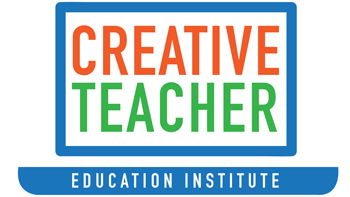
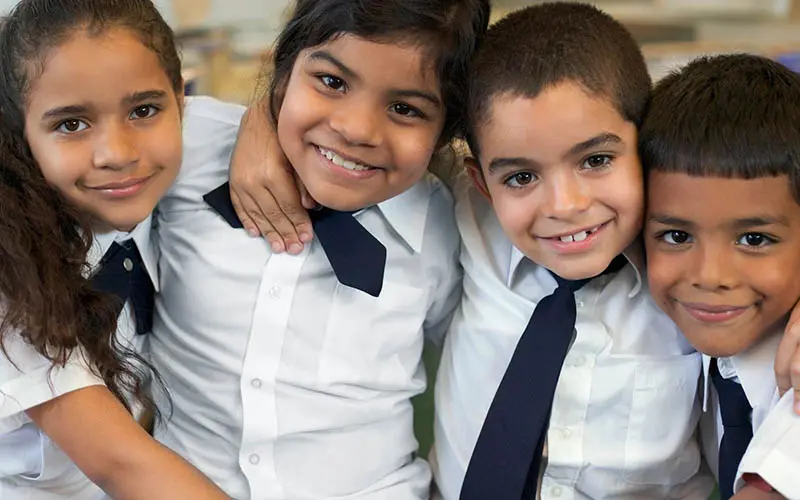
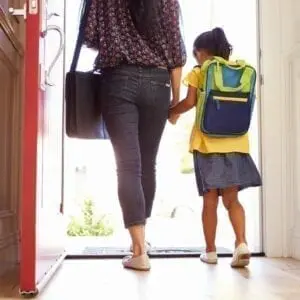
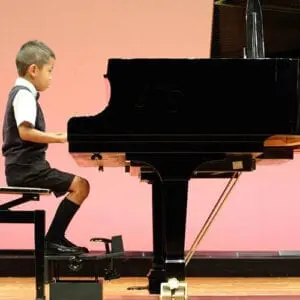

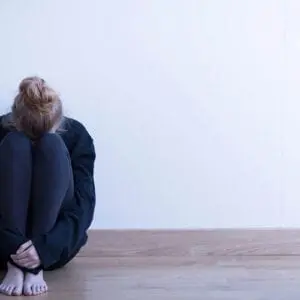
Reviews
There are no reviews yet.